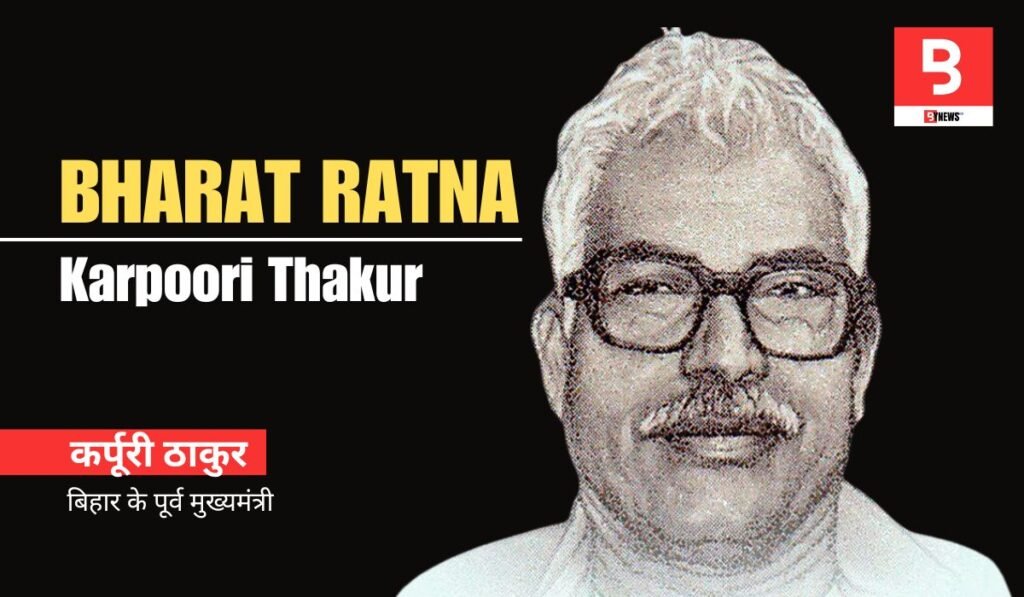In a political rollercoaster, Bihar Chief Minister Nitish Kumar expressed gratitude to Prime Minister Narendra Modi for conferring the ‘Bharat Ratna‘ upon socialist stalwart Karpoori Thakur. However, Nitish didn’t miss the opportunity to take a swipe at the BJP, claiming they finally acknowledged Karpoori’s significance. Amidst the thanks, Nitish demanded national-level reservations for Extremely Backward Classes (EBCs) and Other Backward Classes (OBCs) based on the Karpoori model, stirring controversy.
The CM’s acknowledgment of Modi’s call to Karpoori’s son added a twist, emphasizing that the BJP must recognize Karpoori’s legacy. Nitish hinted that respecting Karpoori could bring benefits to those who honor him. Additionally, he underscored Karpoori’s stand against dynastic politics, indirectly contrasting it with current political practices.
As Nitish navigated the intricacies of Karpoori’s legacy, he touched upon the former CM’s efforts, including the imposition of prohibition in Bihar. The BJP, however, continued to distance itself from Nitish, rejecting any possibility of his return to the NDA.

The Modi government’s timing of the Bharat Ratna announcement, just ahead of the Lok Sabha polls, suggests a strategic move to claim Karpoori’s legacy and counter the social justice narrative of Bihar’s political rivals. Nitish’s demand for separate quotas and his acknowledgment of Karpoori’s ideals signal potential shifts in Bihar’s political landscape.
The BJP’s decision to honor Karpoori Thakur with Bharat Ratna serves as a political chess move, attempting to reshape narratives and gain an edge in the upcoming elections. Nitish Kumar’s nuanced response adds fuel to the already intense political climate in Bihar, leaving observers eager to see how these developments will influence the state’s political dynamics.

